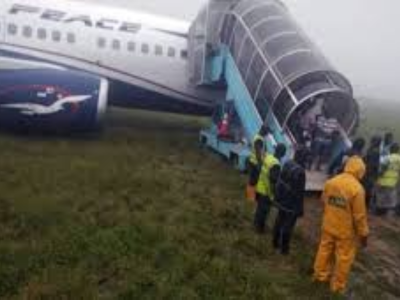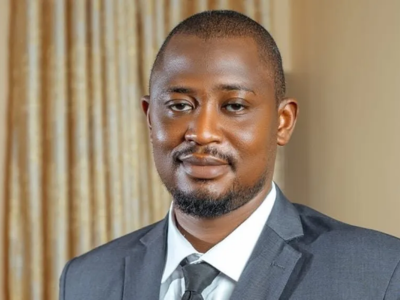Air Peace Crew Denies NSIB Claims of Alcohol, Drug Use in Runway Incident Probe
- by Admin.
- Sep 13, 2025

Credit: Freepik
A co-pilot and cabin crew member from Air Peace have vehemently denied a preliminary report by Nigeria's aviation safety investigators alleging they tested positive for alcohol and marijuana following a July runway excursion at Port Harcourt International Airport, accusing the agency of flawed testing and a possible smear campaign against the airline.
The incident unfolded on July 13, 2025, when Air Peace flight 5N-BQQ, a Boeing 737-524 carrying 103 passengers and crew from Lagos, veered off Runway 21 after an unstabilized approach. The plane touched down 2,264 meters past the threshold—far beyond the safe zone—and halted 209 meters into the clearway, with no injuries reported as all disembarked safely. Runway excursions like this often stem from miscommunication, equipment faults, or surface issues, but the Nigerian Safety Investigation Bureau (NSIB) flagged human factors in its report released Friday.
Signed by NSIB's Director of Public Affairs and Family Assistance, Bimbo Olawumi Oladeji, the preliminary findings revealed toxicology tests at Rivers State Hospital's medical lab—conducted hours after the event—showed the captain and co-pilot positive for ethyl glucuronide (EtG), a marker of recent alcohol intake, while a cabin crew member tested positive for THC, the psychoactive element in cannabis. NSIB Director-General Captain Alex Badeh defended the process, noting results arrived the next day and that the agency doesn't conduct tests itself but relies on accredited labs; he dismissed denial claims as typical from those implicated, adding this wasn't the first such report.
Co-pilot David Bernard and cabin crew member Maduneme Victory, speaking on Arise TV Friday, rejected the results outright. Bernard, insisting he abstains from alcohol and drugs, questioned the blood and urine sampling at an "unregistered" facility without immediate breathalyzer checks, calling it outdated for 2025 and a jeopardy to his career after expensive training. Victory echoed this, recounting a five-hour post-incident wait before testing, with results delayed 10 days; she underwent a confirmatory test at licensed Aerospace Clinic that came back negative, questioning why NSIB didn't alert the airline or ground her immediately if positive, as THC lingers up to 90 days. Both threatened legal action for defamation, arguing the report tarnishes reputations without due process.
Air Peace, in a statement, confirmed it suspended the captain indefinitely for disregarding go-around advice and crew resource management lapses—not toxicology—and that the co-pilot resumed duties after Nigerian Civil Aviation Authority (NCAA) clearance, implying no substance issues. The airline, which enforces stricter-than-required alcohol policies (no intake eight hours pre-duty) and frequent random tests, said it never received NSIB's findings officially, despite the incident's proximity to testing. If confirmed, Air Peace pledged enhanced monitoring but stressed safety as paramount.
NCAA's Director of Public Affairs, Michael Achimugu, promised verification but hadn't responded by press time, leaving discrepancies unresolved. NSIB's Bimbo Oladeji also didn't reply to inquiries. Under ICAO Annex 13, preliminary reports go to the agency but public release is discretionary.









0 Comment(s)